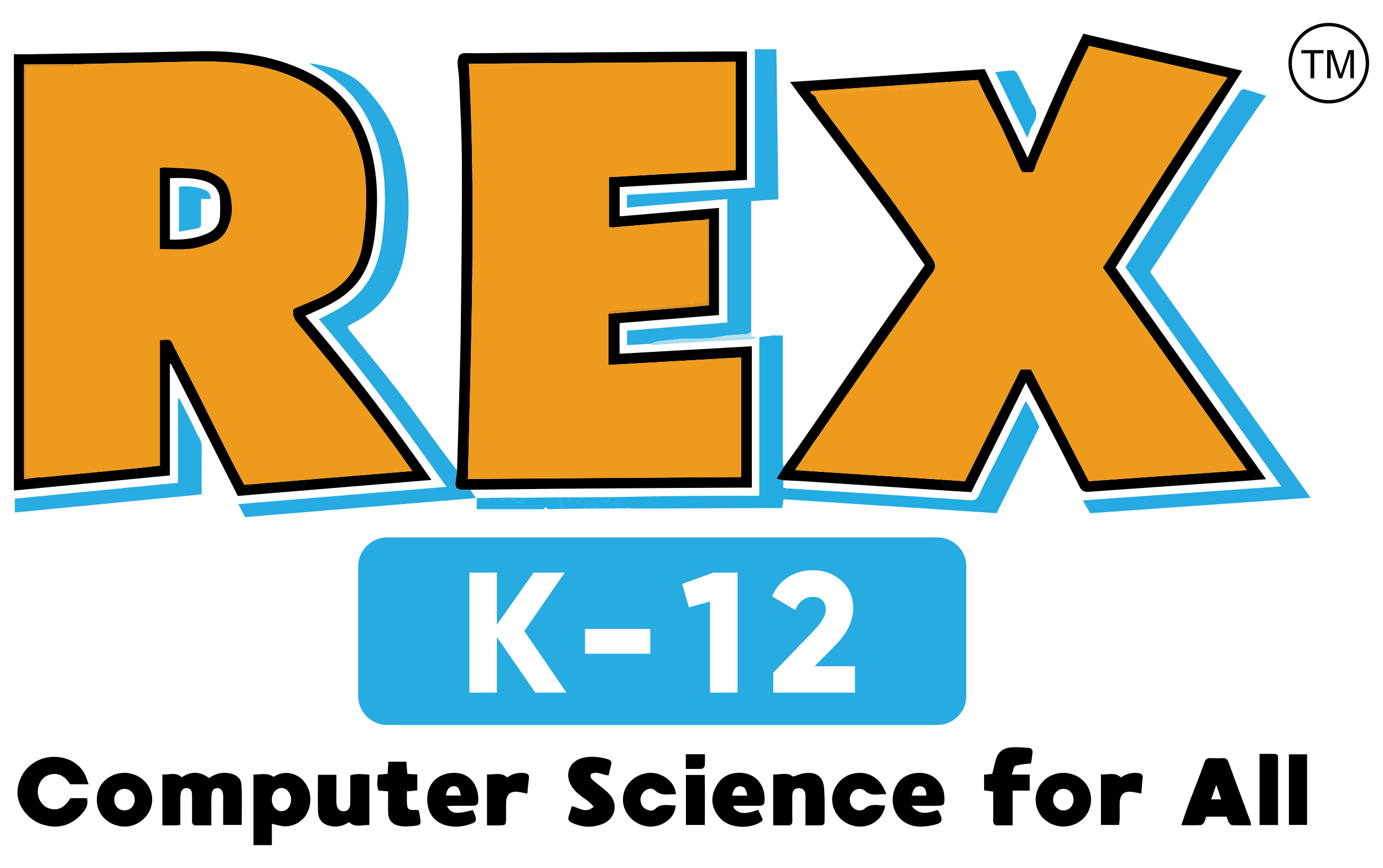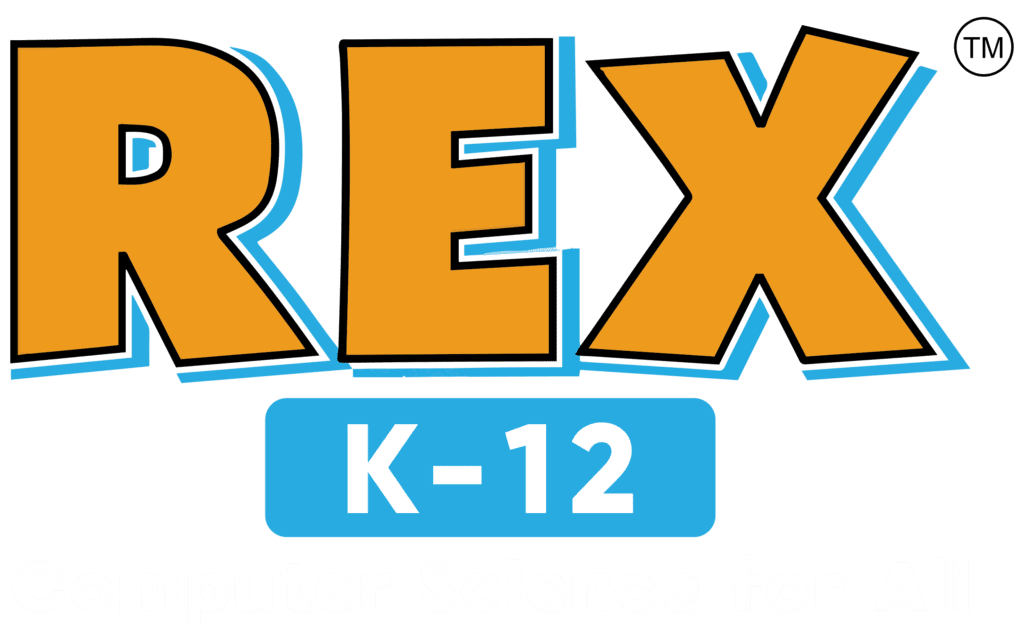What Does Computer Science Teach?
Computer Science is a gateway to a world of diverse skills and knowledge, all centered around the design, development, and application of computer systems and software. Here’s a closer look at what students typically gain from K-12 Computer Science curriculum:
1. Foundational Concepts:
Algorithms and Data Structures: These core components serve as the backbone of efficient problem-solving and data organization within computer programs. Understanding these core principles empowers students to tackle complex problems with ease.
Programming Languages: A technical stack consists of programming languages, such as Python, Java, or C++, and they provide students with the tools to translate ideas and instructions into commands that computers can understand. Mastery of these languages opens doors to endless possibilities in software development.
Computer Architecture and Organization: This entails grasping the inner workings of hardware components, data storage, and processing mechanisms, as well as the intricate interplay between software and hardware. This foundational knowledge forms the basis for understanding how computers function.
2. Problem-solving and Critical Thinking:
Breaking Down Complex Problems: Computer Science encourages students to approach complex problems methodically by breaking them down into smaller, manageable steps. Through analyzing various solutions and developing algorithms, students sharpen their critical thinking skills and become adept problem solvers. Debugging and Troubleshooting: These elements are integral parts of the programming process. Students learn to identify and rectify errors in their code, honing their logical reasoning and perseverance in the face of challenges.
3. Creativity and Innovation:
Designing and Building Software: Computer Science nurtures creativity by providing students with the platform to design and build software applications, websites, or games. This hands-on experience encourages students to think outside the box and develop innovative solutions to real-world problems.
4. Communication and Collaboration:
Team Projects and Technical Communication: Collaborative projects are integral in K- 12 Computer Science curriculum, emphasizing the importance of teamwork and effective communication in technical environments. Students learn to convey complex technical concepts clearly and work together seamlessly towards shared goals.
5. Additional Areas:
Depending on the curriculum and course level, students may delve deeper into specialized areas such as:
● Web Development: Learning to construct and design websites and web applications.
● Database Management: Understanding the efficient storage, organization, and retrieval of data.
● Networking: Grasping the fundamentals of how computers and devices communicate within a network.
● Artificial Intelligence (AI): Exploring the principles and algorithms behind machine learning and AI technologies.
In summary, Computer Science education equips students with invaluable skills and knowledge applicable not only in technical fields but also in various facets of life. From fostering critical thinking and problem-solving to encouraging creativity and collaboration, Computer Science prepares students for success in the ever-evolving digital landscape.












